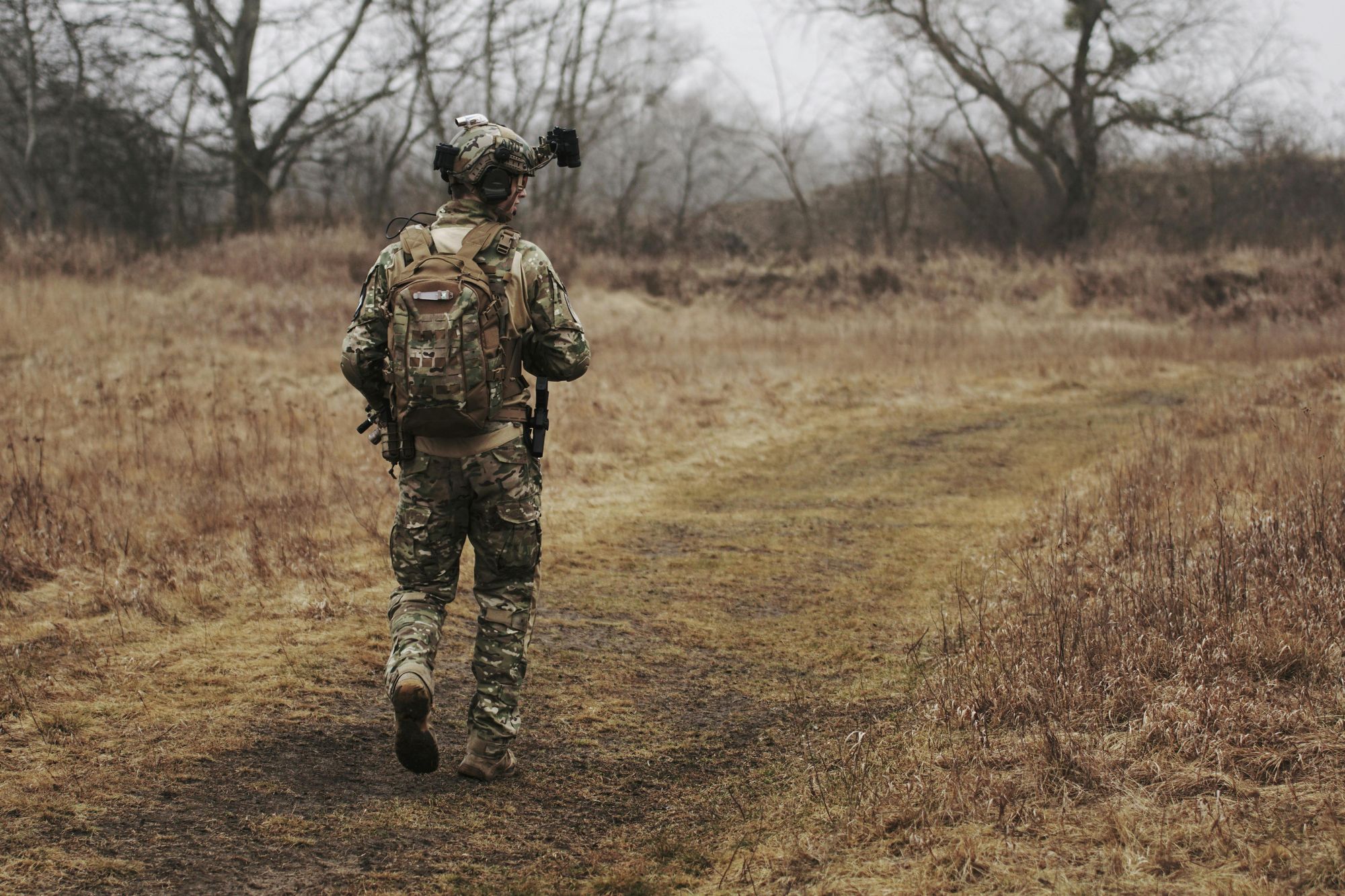Military Funeral Services in Halifax: Resources for Veterans' Families

Halifax, Nova Scotia, holds a deep connection to Canada’s military history, making it an important location for honoring the service and sacrifice of veterans. Military funeral services in Halifax are imbued with tradition and respect, offering families the resources and support needed to celebrate their loved ones' lives. This guide provides an overview of military funeral services, including benefits, customs, and resources available to veterans' families.
1. Understanding Military Funeral Services
Military funerals honor the service and dedication of veterans and active-duty personnel. These ceremonies include elements that reflect military traditions and ensure the dignity of the deceased.
Key Features:
- Flag-Draped Coffin: The Canadian flag is used to drape the casket, symbolizing the deceased’s service to the nation.
- Last Post and Reveille: These bugle calls are played to signify the end of life and the awakening to eternity.
- Military Honors: Ceremonies may include a gun salute, honor guard, and presentation of the flag to the next of kin.
- Regimental Dress: Active-duty personnel often wear ceremonial uniforms during the service.
2. Eligibility for Military Funeral Benefits
Veterans Affairs Canada (VAC) offers funeral and burial benefits to eligible veterans and their families. These benefits help cover costs and ensure proper recognition of the deceased’s military service.
Eligibility Criteria:
- Veterans who served in the Canadian Armed Forces, including World War I, World War II, the Korean War, and modern peacekeeping missions.
- Those who meet financial or service-related criteria as determined by VAC.
Available Benefits:
- Funeral and Burial Program: Administered by the Last Post Fund, this program assists with funeral and burial expenses.
- Grave Marker Maintenance: VAC maintains grave markers for eligible veterans, ensuring their upkeep in perpetuity.
- Reimbursement for Cremation or Burial Costs: Covers expenses related to interment or cremation.
3. Planning a Military Funeral in Halifax
Planning a military funeral involves coordination between families, funeral homes, and military organizations. Halifax offers resources to ensure a seamless and respectful process.
Steps to Take:
- Contact Veterans Affairs Canada: Begin by reaching out to VAC to determine eligibility and access available benefits.
- Choose a Funeral Home: Select a funeral home experienced in organizing military services, such as Atlantic Funeral Homes.
- Coordinate with Military Units: Request assistance from local military units to provide honors, such as an honor guard or bugler.
- Personalize the Ceremony: Incorporate the deceased’s achievements, regimental insignia, or favorite hymns to make the service unique.
Venues in Halifax:
- St. George’s Round Church: A historic Anglican church with ties to Halifax’s military history.
- Fort Massey Cemetery: Known for its military burials and serene setting.
4. Support for Families
Losing a loved one in the military can be a deeply emotional experience. Halifax provides various support services to help families through the grieving process.
Resources:
- Veterans Affairs Canada Assistance Service: Offers free, confidential counseling and support. Call 1-800-268-7708.
- Legion Service Officers: Local branches of the Royal Canadian Legion provide advocacy and support for veterans’ families.
- Bereavement Support Groups: Organizations like Canadian Virtual Hospice offer online resources and local support groups.
Grief Counseling:
Many funeral homes in Halifax partner with counselors who specialize in supporting military families. These services address the unique aspects of grief that come with military loss.
5. Traditional Customs and Protocols
Military funerals are steeped in traditions that reflect the values of honor, duty, and sacrifice.
Common Customs:
- Two Minutes of Silence: Observed during the service to reflect on the deceased’s life and service.
- Laying of Wreaths: Often performed by family members, comrades, or representatives of military organizations.
- Piper’s Lament: A lone piper may play a traditional lament, such as "Amazing Grace."
Protocols:
- The Canadian flag is folded ceremonially and presented to the next of kin.
- Military personnel follow specific dress codes, ensuring a dignified appearance.
- The order of service often includes prayers, eulogies, and a final salute.
6. Recognizing Diverse Traditions
Halifax’s multicultural community includes veterans from diverse backgrounds. Military funeral services can be adapted to honor cultural and religious traditions.
Examples:
- Indigenous Veterans: Services may include smudging ceremonies or drumming to honor Indigenous customs.
- Christian and Interfaith Services: Many military funerals in Halifax incorporate prayers and rituals from various faiths.
- Secular Services: For families preferring non-religious ceremonies, services focus on the deceased’s achievements and values.
7. Preserving Military Heritage
Halifax’s military cemeteries and memorials are enduring tributes to those who served.
Notable Sites:
- Fort Massey Cemetery: A burial site for soldiers who served in early Canadian conflicts.
- Halifax Memorial: Located in Point Pleasant Park, this monument honors Canadian sailors lost during World War II.
- Sailors’ Memorial Tower: Commemorates the sacrifices of naval personnel.
Community Efforts:
Organizations like the Army Museum Halifax Citadel and the Royal Canadian Legion work to preserve and share Halifax’s military history, ensuring the sacrifices of veterans are remembered.
8. How to Get Involved
Families and community members can contribute to honoring veterans by participating in remembrance initiatives.
Suggestions:
- Attend Remembrance Day ceremonies held annually at local cenotaphs.
- Volunteer with organizations that support veterans and their families.
- Educate younger generations about Halifax’s military heritage through school programs or museum visits.
Military funeral services in Halifax are a meaningful way to honor the dedication and sacrifices of Canada’s veterans. By accessing available resources, incorporating traditional customs, and seeking support, families can create a respectful and memorable tribute. Halifax’s deep-rooted military history ensures that the contributions of veterans will continue to be celebrated for generations to come.




